Digital Security
30 mins
Big Data and the Social Networks
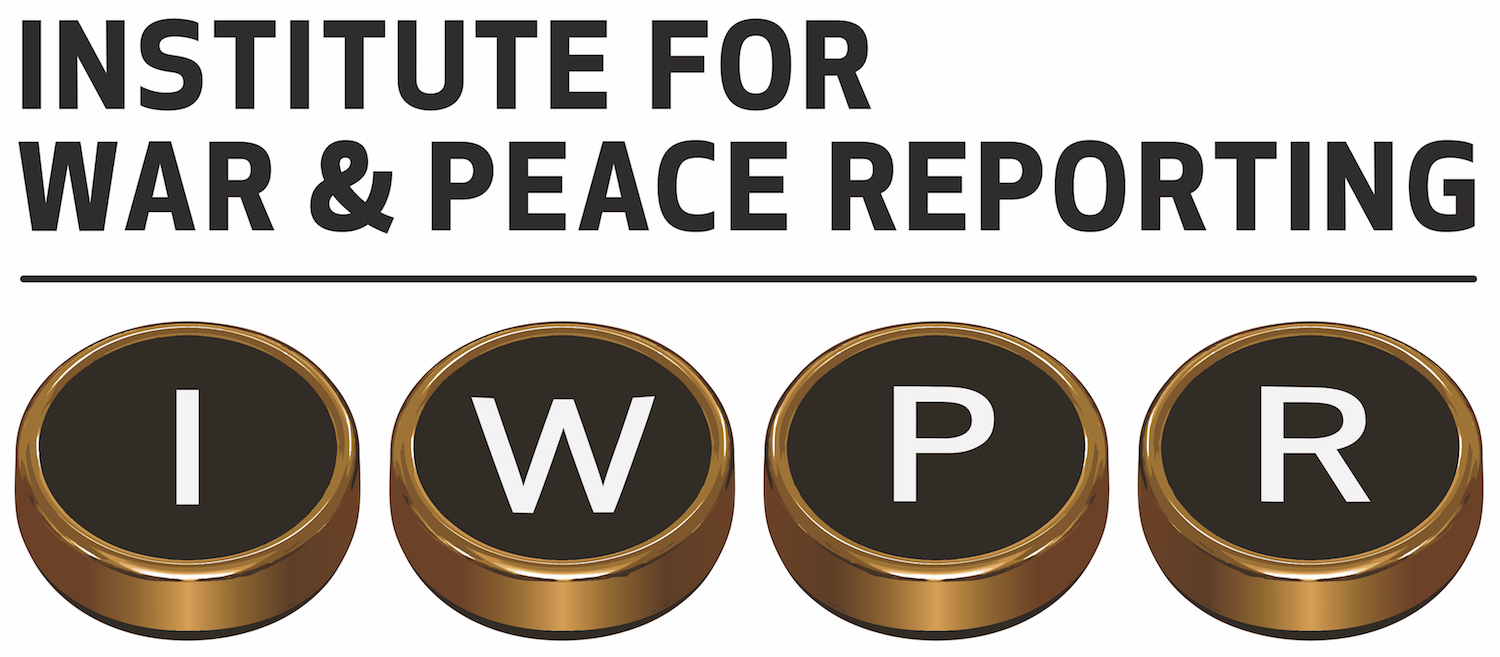
- Abstract:
- This course will cover how leading, popular social networks are using big data. We will also share useful tips on how to protect your privacy on these platforms.
- About this course:
- We will look at what big data is, how social networks use big data, as well as how we can limit the information we share online. We recommend you take this course with the course Cyber harassment: Concepts and prevention tactics.
- What do I learn:
- You will learn about how social networks use the data that you are sharing on their platforms and how to protect your privacy on these networks.
- What do I need to know:
- This course is suitable for anyone who uses social network for personal reasons, for online advocates, to advocate or anyone at risk especially female activists and human rights defenders.
Trainers
- 1.1 Introduction to course1.2 What is big data?1.3 How Facebook is using big data1.4 The Instagram Acquisition and What Does it mean for Big Data
- 2.1 The big 3 and big data2.2 The big 3 and big data2.3 Big Data Quiz
- 3.1 How is Facebook Messenger turning into a new advertising platform3.2 How is Twitter dealing with big data
- 4.1 Social Network Privacy
- 5.1 Conclusion and final thoughts on big data
Related courses
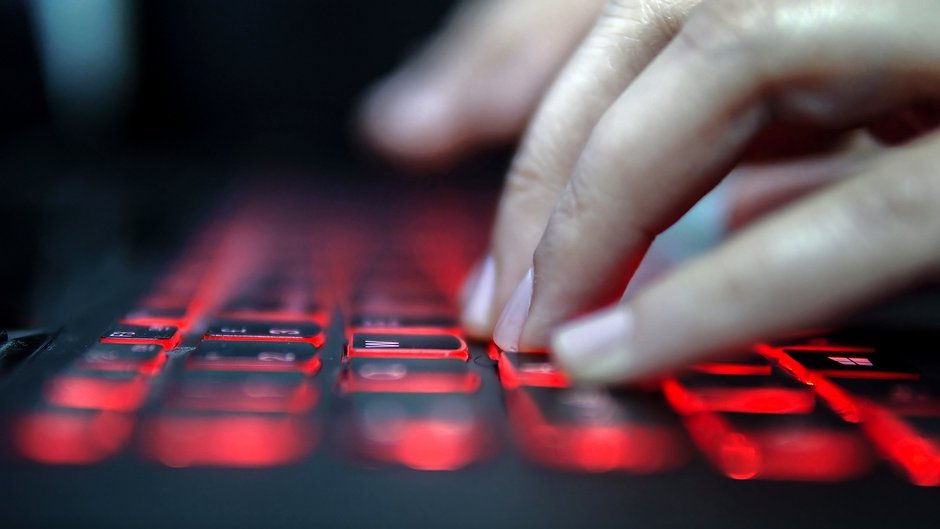
20 mins
Digital Security
Phishing, Malware and Social Engineering
 Security First
Security First
20 mins
Digital Security
Phishing, Malware and Social Engineering
 Security First
Security First
20 mins
Digital Security
Secure passwords and encryption of data
 Security First
Security First
20 mins
Digital Security
Secure passwords and encryption of data
 Security First
Security First
Suggested reading
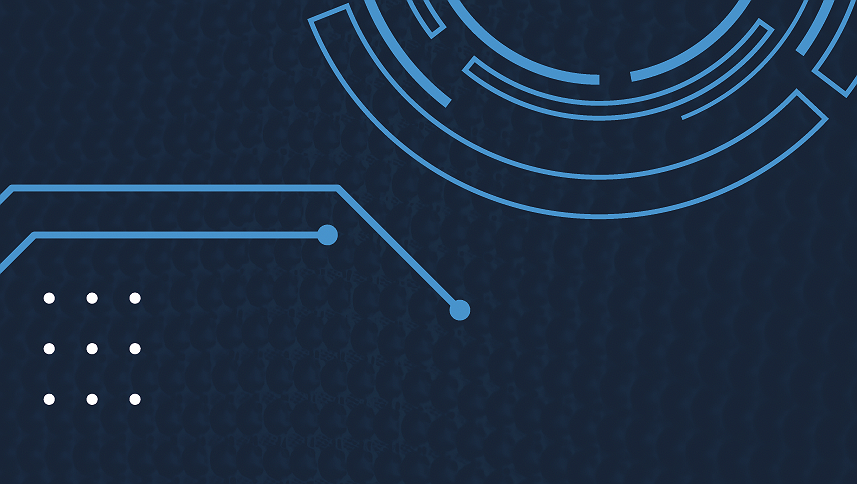
Blog
Building Capacity for Monitoring & Documenting Human Rights Violations
The purpose of this assessment is to evaluate the efficacy of strategies used by HRPs/HRMOs for communicating during blackouts. The goal of this project envisages to see a ZimbabweanCivilSociety that is prepared to document and monitor human rights violations without hiccups during internet shutdowns.
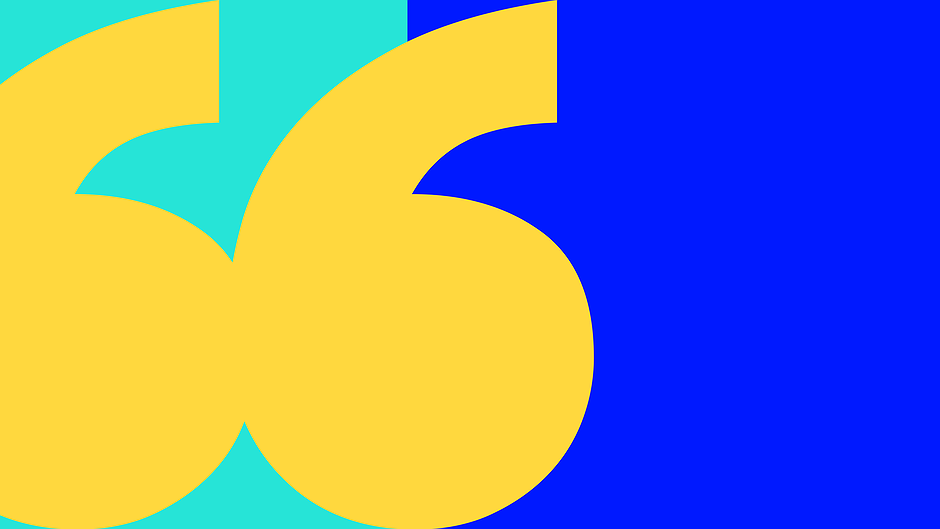
Blog
Advocacy Assembly Internet Shutdown Academy: Creative Strategies to Fight Back
Internet shutdowns are occurring increasingly globally, posing significant threats to freedom of expression, access to information & economic growth. These shutdowns manifest in various forms through different technical measures & are implemented by governments in various circumstances. Responding to this threat of internet shutdowns, Advocacy Assembly designed the Internet Shutdown Academy, a set of 10 full online courses in 7 languages!
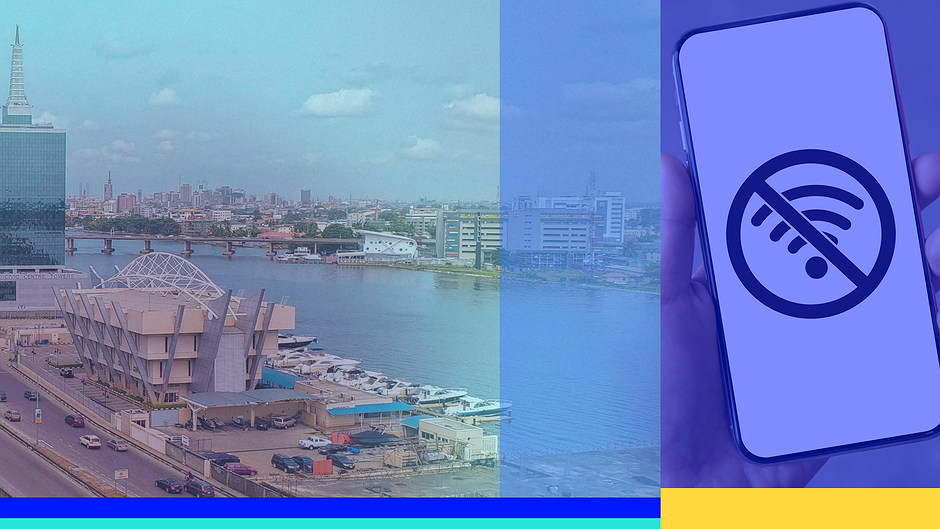
Blog
Evaluating the Efficacy of State-Imposed Telecom Shutdowns in Northwest Nigeria
This article casts doubt on the shutdowns' effectiveness in curbing banditry, exposing alternative explanations for any temporary decrease in attacks. It questions the legitimacy of justifying these shutdowns as effective counter-terrorism measures, advocating for alternative approaches that prioritize community engagement, human rights, and development initiatives to address the root causes of insecurity and foster lasting peace in Northwestern Nigeria and Nigeria at large.

Blog
Impact of the Twitter Ban in Nigeria
This post is a research study on the impact of the Twitter ban in Nigeria on Human Rights Monitoring, Advocacy and Creativity. Read more.
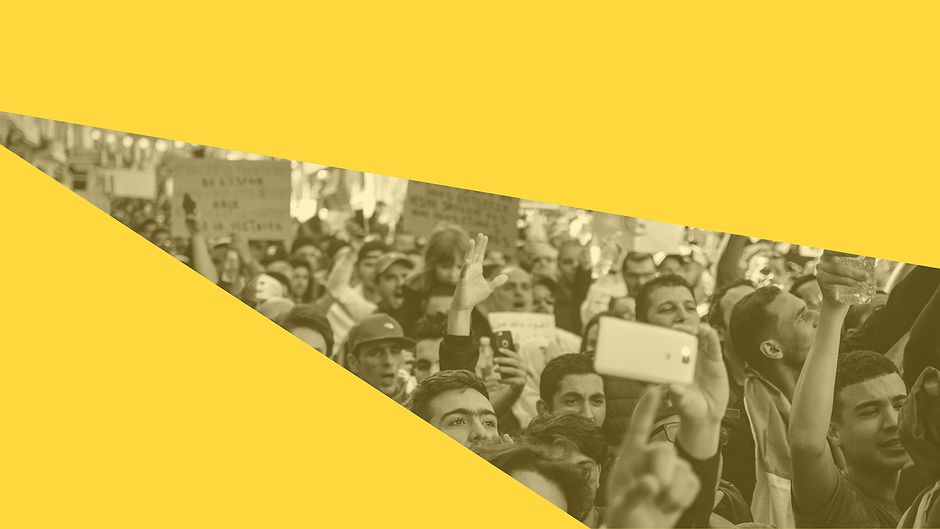
Blog
Four Free Toolkits to Fight Internet Shutdowns
Let’s tell you a little bit more about each toolkit!
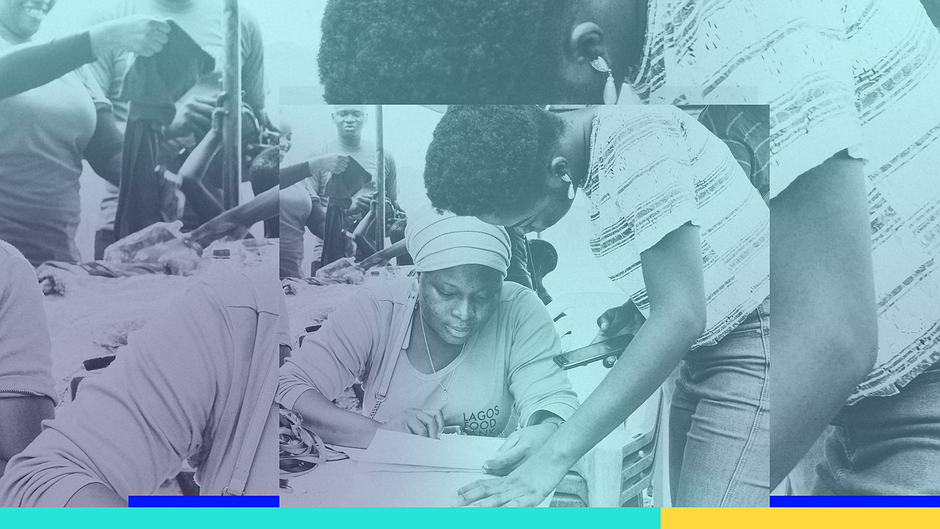
Blog
The Impact of Internet Disruptions on Farmers in Nigeria
In Nigeria’s Northwestern Sokoto State, farm workers grapple with geopolitical challenges, shifting climate realities, and economic turbulence. However, they now face a new, growing threat: a troubling rise in internet disruptions, which threatens their ability to work in an increasingly digitally connected world. Read more.
